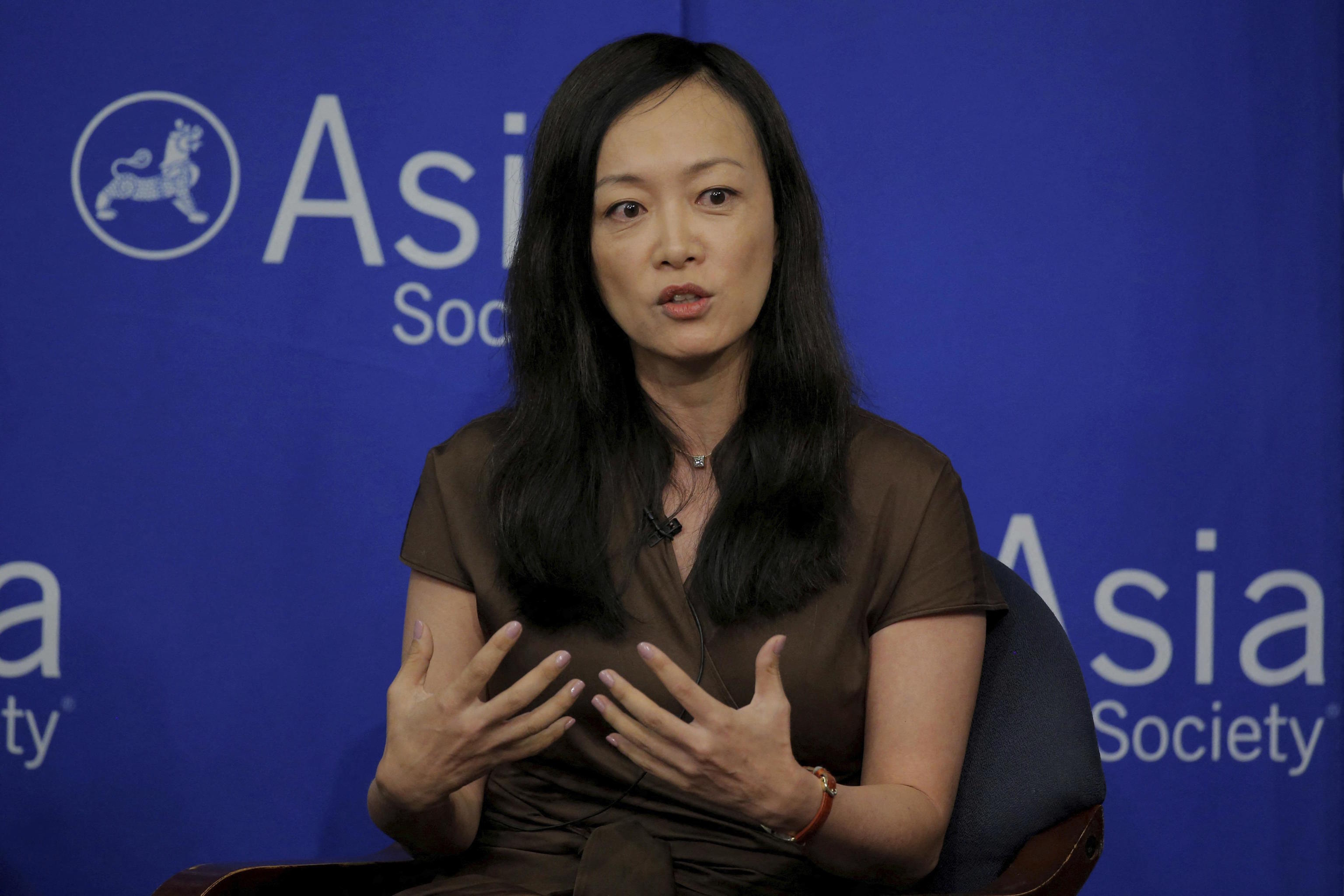Sue Mi Terry worked for the U.S. Government from 2001 to 2011. Born in Seoul, she had been living in the U.S. since she was 12, where she stood out from a young age as a brilliant academic and international analyst, particularly focused on Korean Peninsula politics. Her reports for U.S. think tanks caught the CIA's interest, leading to her recruitment as a senior East Asia analyst.
Later on, Terry joined the National Security Council. With Presidents George W. Bush and Barack Obama in the White House, she headed a department focused on Korean and Japanese affairs. After leaving that position, she worked for various academic institutions in New York and Washington. She was currently a member of the Council on Foreign Relations, a leading think tank. She was a regular presence on television sets whenever there was a North Korean crisis to analyze. Her expertise was also sought after for articles on China.
Terry had become one of the most sought-after experts on Asian geopolitical issues. A renowned profile that has now been tarnished after a New York grand jury accused her this week of working as a spy for the South Korean government in exchange for a handful of luxury items and expensive meals.
At 54, Terry allegedly disclosed confidential U.S. information to South Korean intelligence officials. This is detailed in the 31-page indictment by U.S. prosecutor Damian Williams, published by the Department of Justice on Wednesday. The analyst was arrested the day before on a charge of conspiracy to violate the Foreign Agents Registration Act (FARA), which carries a maximum sentence of five years in prison.
In addition to providing confidential information, she is accused of attempting to connect South Korean intelligence agents in 2016 with members of the incoming President Donald Trump's administration.
"She was a valuable source of information for the South Korean National Intelligence Service (NIS)," states the court document, outlining how in June 2002, Terry handed over "handwritten notes" from a private and unofficial meeting she had just had with then-Secretary of State Colin Powell regarding Washington's policy towards North Korea.
In exchange for her spying activities, Terry allegedly received a $2,845 Dolce & Gabbana coat, a $2,950 Bottega Veneta bag, and a $3,450 Louis Vuitton bag. She was also treated to several dinners at Michelin-starred restaurants and around $37,000 in funding for an academic program she led on Korean public policies.
"Terry allegedly sold her positions and influence to the South Korean government in exchange for luxury bags, expensive meals, and thousands of dollars in funding," reads the indictment. It also mentions an incident in April 2023 where Terry organized an event with several members of Congress and invited her "supervisor," her liaison with Seoul's intelligence authorities, who posed as a South Korean diplomat.
"She also received payments from South Korean officials to write articles in U.S. and Korean press where she parroted positions and phrases provided by the South Korean government," federal prosecutors emphasize. Although Terry's lawyer has denied all accusations, U.S. judicial authorities stress that she began working as a spy in 2013, two years after leaving her U.S. government job.
